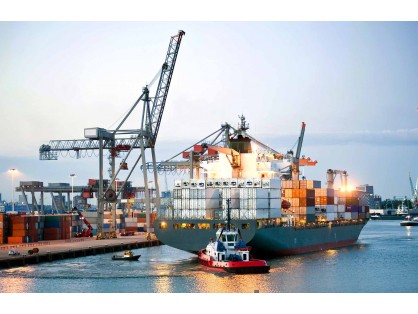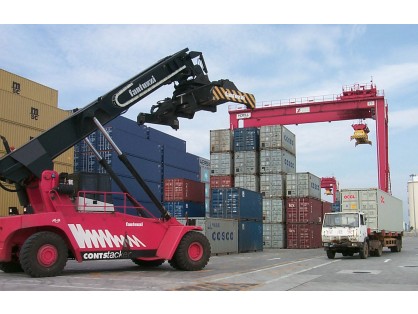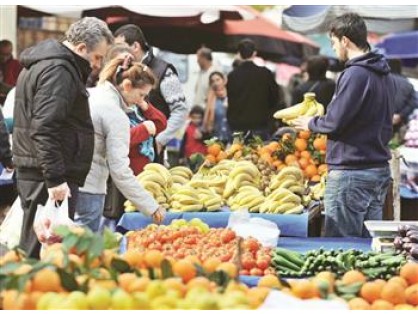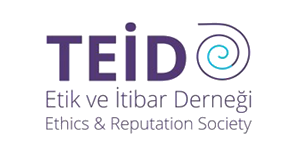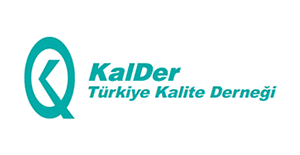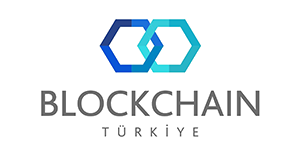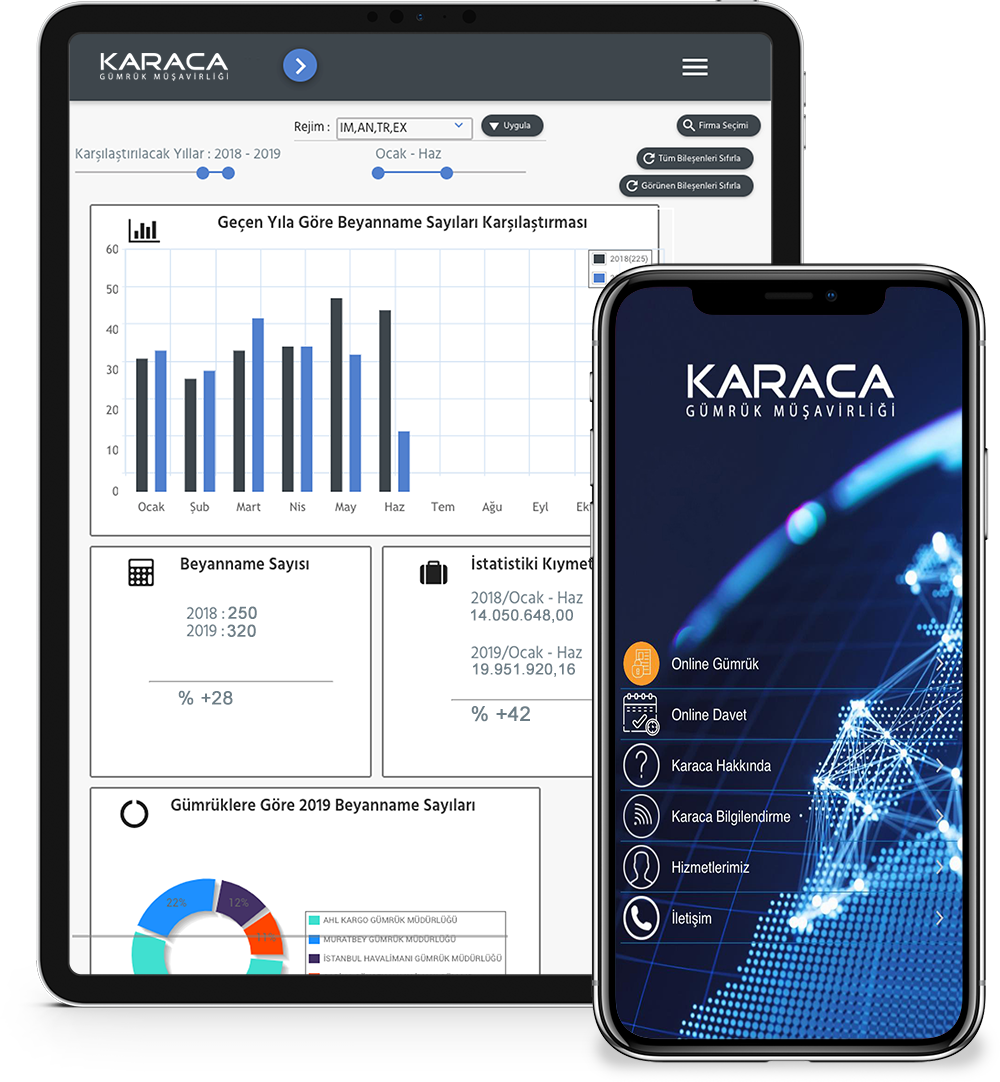Turkey’s inflation showed a 7.3 percent increase last month from the same month a year earlier, while the year-on-year inflation rate was 7.7 percent in October. However, some economists say it seems unlikely to reach its inflation target, which was revised by the Central Bank from 6.2 to 6.8 percent at the end of 2013.
The inflation rose by 0.01 percent month-on-month in November, below expectations, according to figures revealed by the state-run statistics body TÜİK Dec. 3. But, the economists expect the Central Bank might enhance its cautious stance in tight monetary policy.
“Currently the course of core and headline inflation is much higher than the target of 5 percent,” said Central Bank Governor Erdem Başçı during a news conference by the end of October. “Therefore, don’t expect an easing of monetary policy until we approach the inflation target, and even achieve it,” he added.
Garanti Yatırım Chief Economist Gizem Öztok Altınsaç told Reuters that a fall in food prices and transport helped inflation figures to be below expectations, adding that they didn’t see that it reflected on transitivity of the exchange rate.
Altınsaç said they forecasted 7.5 percent inflation rate for this year and 6.7 percent for next year. “The inflation target for 2014 is 5 percent and we don’t see it as being possible to achieve. The Central Bank has a Money Policy Council meeting on Dec. 17 and we expect to maintain its tight stance. A pressure on the lira still continues that poses serious risks for inflation,” she said.
ING Bank economist Muammer Kömürcüoğlu told Reuters that an upward move in core inflation in parallel with loss in Turkish Liras’ value since June ended after a fall in November inflation. The latest figures show the transitivity of exchange rate has started to weaken and it supports the expectations that say the lira’s movements would have limited effects on core inflation, he said.
Kömürcüoğlu noted that despite positive results for November’s inflation, they foresaw the Central Bank maintaining tight monetary policy until a permanent improvement was seen in the inflation outlook.
Burgan Investment Chief Economist Haluk Bürümcekçi also said they forecasted an inflation rate at 7.3 percent by the end of this year, in an interview with Reuters.
The highest monthly increase was 3.2 percent in clothing and footwear as the indices rose for health sector 0.7 percent, the TÜİK data showed.
The highest annual increase was 13.5 percent in alcoholic beverages and tobacco. Education (10 percent), food and non-alcoholic beverages (9.7 percent), hotels, cafes and restaurants (9.4 percent), trasport (8.2 percent) were the other main categories that saw high annual increases.
Source:Hurriyet Daily News
